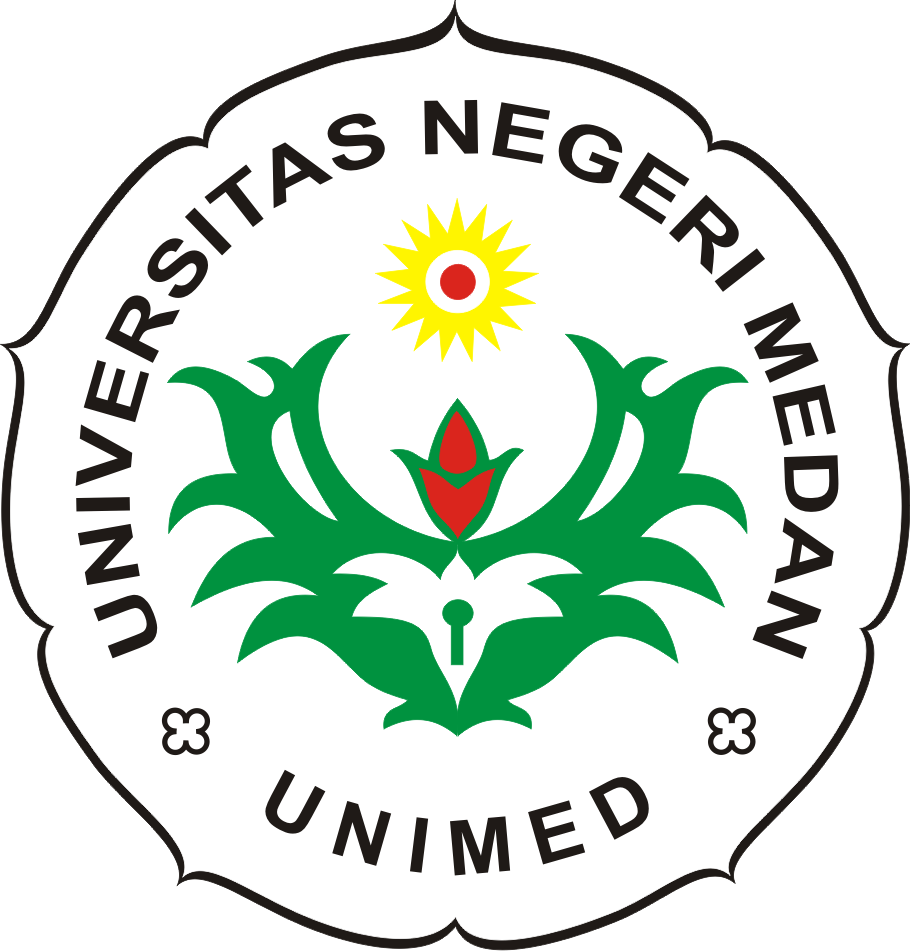IMPROVING STUDENTS™ READING COMPREHENSION ACHIEVEMENT IN NARRATIVE TEXT THROUGH EXPERIENCE- TEXT- RELATIONSHIP (ETR) METHOD
DOI:
https://doi.org/10.24114/reg.v1i2.396Abstract
This study focuses on the improvement of students™ reading comprehension achievement in narrative text through Experience-Text-Relationship (ETR) Method. This study deals with classroom action research which was done in 6 meetings. The subject of this study was the second grade of SMP N 41 Medan, class VIII5. One class is totally taken as the subject of this study. The number of the sample is 34 students. The data of this study were obtained from the reading test, observation sheet, and diary notes. Based on the analysis data, it was found that the students™ achievement improved from the orientation test, test cycle I, and test cycle II. The findings of this study indicated that Experience- Text- Relationship (ETR) Method improved the students™ reading comprehension achievement. The students™ mean scores showed significant improvement, the mean of Cycle I = 64, 38 and the mean of Cycle II = 77, 20. Keywords: Reading Comprehension, Narrative Text, Experience-Text-Relationship (ETR) MethodDownloads
Published
Issue
Section
License
Authors who publish with this journal agree with the following terms:
- Authors retain copyright and grant the journal right of first publication with the work simultaneously licensed under a Creative Commons Attribution License that allows others to share the work with an acknowledgment of the work's authorship and initial publication in this journal.
- Authors are able to enter into separate, additional contractual arrangements for the non-exclusive distribution of the journal's published version of the work (e.g., post it to an institutional repository or publish it in a book), with an acknowledgement of its initial publication in this journal.
- Authors are permitted and encouraged to post their work online (e.g., in institutional repositories or on their website) prior to and during the submission process, as it can lead to productive exchanges, as well as earlier and greater citation of published work (See The Effect of Open Access).
- This work is licensed under a Creative Commons Attribution-ShareAlike 4.0 International License.






